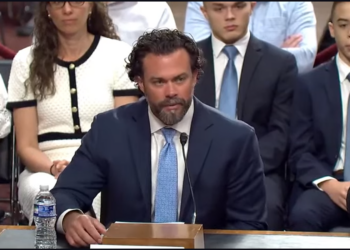The Alternative for Germany, the nation’s most prominent right-wing political party, had ridden a wave of resentment against establishment immigration policy and anti-nationalism to secure a stunning second place finish.
CDU leader Friedrich Merz — now the chancellor of Germany — warned that it was “five minutes to midnight” for the moderate, centrists coalitions at the heart of national politics. He acknowledged that the AfD’s surging popularity was a “real warning bell, a real alarm bell for the political parties of the center in Germany to come up with shared solutions.”
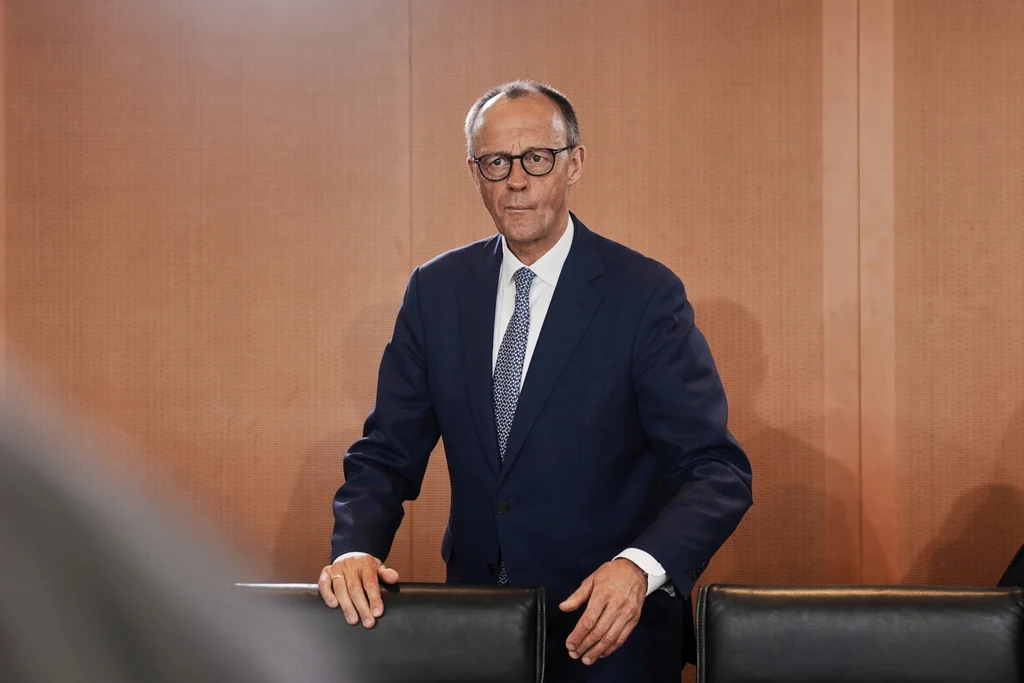
Approximately four months later, it appears the “solutions” that Merz was referring to were less about how to sway voters and more about how to dismantle the AfD by force.
Anti-AfD Blitzkrieg in Berlin
Despite their second-place finish in February, the AfD was iced out of parliament as they had been since their inception.
The CDU and its centrist frenemies — the Social Democratic Party and the Greens — committed to not voting alongside the right-wing group in what became known as the “firewall.” They also denounced the AfD’s anti-immigration, pro-nationalism platform as akin to Nazism.
The government’s efforts to win back public support from the AfD through good governance never materialized. An Ipsos poll published in April showed that CDU support had dropped to just 25%. It was eclipsed by the AfD, which was the most broadly popular party in the nation with 28.6%.
Their ascension is occurring at the same time as a coordinated government campaign to oust them from public life.
In May, the Federal Office for the Protection of the Constitution (BfV) — a government agency — classified the AfD as an “confirmed right-wing extremist” organization. This designation gave the government broader powers to monitor the party’s activities.
Merz seized on the BfV’s decision and declared it is “inconceivable for me to elect AfD members of the German Bundestag to the position of committee chairperson.” Other lawmakers floated the idea that the party should be banned from the Bundestag outright.
“If the legal requirements are met, then we must not hesitate,” Minister of Justice Stefanie Hubig said of a potential ban.
The BfV then issued its annual report on domestic extremism in June, declaring that 20,000 members of the AfD are themselves right-wing extremists. The AfD reports approximately 50,000 total members.
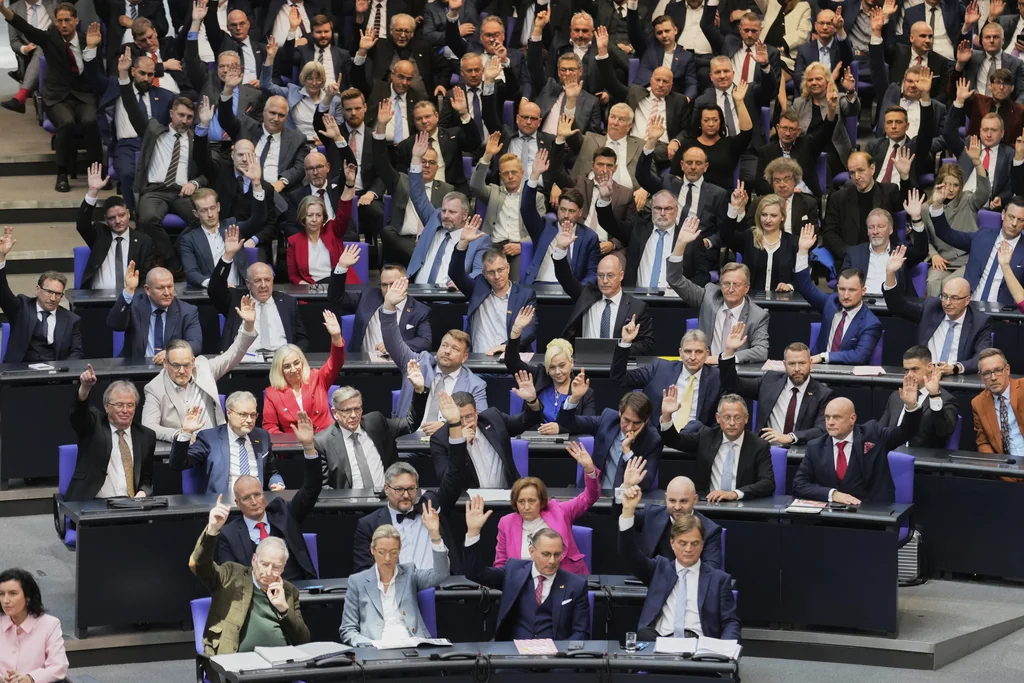
This was the basis for a more widespread movement to rout AfD voters from government positions and state employment.
Federal Police Commissioner Uli Grötsch announced on Jun. 10 that he believes actively participating in the AfD is grounds to be removed from service.
“AfD membership and working as a police officer are incompatible,” Grötsch told German newspaper Rheinische Post. “For me, commitment means openly supporting the party, running for local or city council or even for the Bundestag.”
Similar rhetoric calling for the expulsion of AfD supporters has
MAGA allies
President Donald Trump’s administration is perhaps the AfD’s strongest international ally.
The president himself supported the party during election season, but it is his closest
Less than two weeks before the February elections, U.S. Vice President JD Vance shocked the German public when he used an address in Munich as a platform to denounce efforts to suppress right-wing voters.
Vance accused the political establishment of “running in fear of [their] own voters,” “disregarding [their] basic electorate,” and “censoring [their] opponents.”
“What no democracy — American, German, or European — will survive is telling millions of voters that their thoughts and concerns, their aspirations, their pleas for relief are invalid or unworthy of even being considered,” Vance said. “Democracy rests on the sacred principle that the voice of the people matters. There’s no room for ‘firewalls.’ You either uphold the principle, or you don’t.”
Officials of the CDU and SDP immediately rebuked the speech as an affront to their self-governance — an unwelcome intrusion into German politics by an unruly foreign leader.
AfD supporters were exhilarated, claiming Vance had managed to convey exactly the frustrations they’d carried for years directly to the source of their anger.
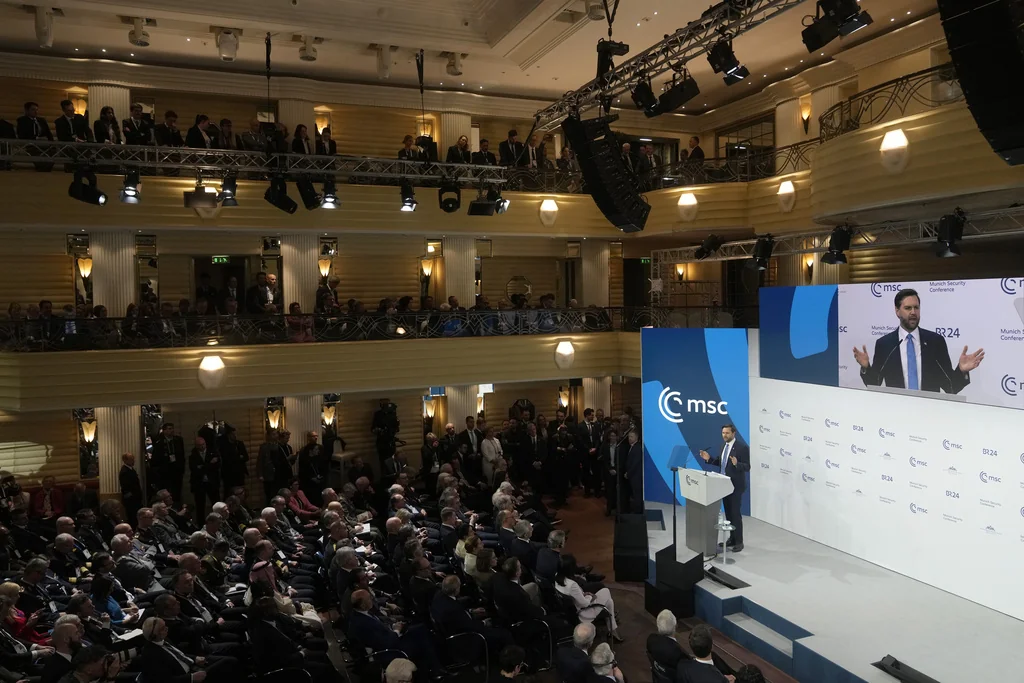
Since then, it has become a regular occurrence for high-ranking administration officials to weigh in on the treatment of the AfD and decry the latest campaigns launched against them.
When the BfV’s “extremist” classification was announced in May, U.S. Secretary of State Marco Rubio immediately accused the German government of undermining its own democracy.
“Germany just gave its spy agency new powers to surveil the opposition. That’s not democracy—it’s tyranny in disguise,” Rubio wrote. “What is truly extremist is not the popular AfD—which took second in the recent election—but rather the establishment’s deadly open border immigration policies that the AfD opposes. Germany should reverse course.”
Vance touched on the issue again when he traveled to Rome for the inauguration of Pope Leo XIV.
“I think that it is very, very dangerous to use the neutral institutions of state — the military, the police forces […] the intel services — to try to delegitimize another competing political party,” Vance said in an interview. “I think that’s especially true when that political party just got second in an election and is, depending on which poll you believe, either the [most] popular or the second-most popular party.”
Rubio’s State Department, meanwhile, published a Substack essay on May 27 that accused German leaders of “trampling democracy, and Western heritage along with it, in the name of a decadent governing class afraid of its own people.”
Surviving until 2029
Having won 20.8% of the vote in February, the AfD fell short of the 25% threshold necessary for the party to unilaterally launch official inquiries into government affairs.
Despite its status as the second-largest party in the Bundestag, the multi-party “firewall” against the party prevents it from exercising any meaningful power.
The next parliamentary elections are scheduled for March 2029. A successful no-confidence vote could hypothetically bring about those elections sooner.
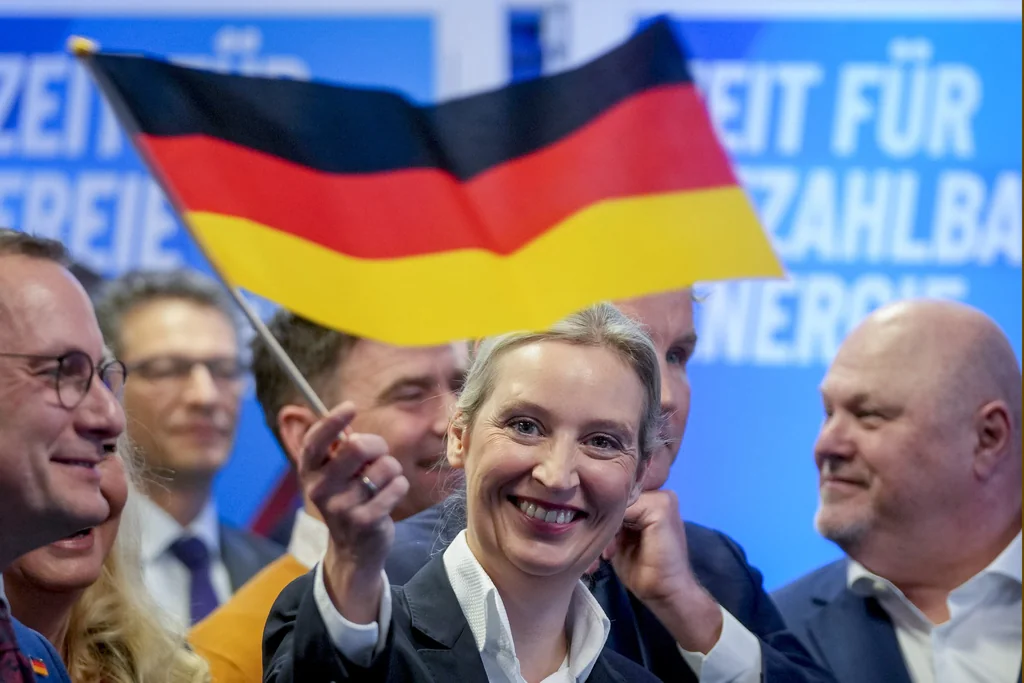
If current trends continue, the AfD is poised to clinch at least the 25% necessary to launch investigations into the federal actions taken against them.
More optimistic supporters may hope to capture a critical level of supporters that prevents the center parties from being able to form a coalition without, functionally, forcing an end to the “firewall.”
For either of those futures to be possible, the party must stay extant.
Following their classification as an extremist organization, the AfD pressed German courts to issue an injunction against the BfV’s decision until judges could review the case.
The BfV agreed to a “standstill commitment” and committed to abstention from acting on the classification until the court issues a ruling.
As the AfD fights the legal battles necessary to stay alive, it is looking abroad for ideological allies.
Supporters were disappointed to see Merz visit Trump at the White House this month without so much as a slap on the wrist about his government’s treatment of the party, but the AfD continues to collaborate with sympathetic right-wing activists on their own continent.
TRUMP TEMPERS REALITY TV STRATEGY IN OVAL OFFICE MEETING WITH GERMAN CHANCELLOR
Party leader Alice Weidel made an appearance at CPAC Hungary at the end of May, where she praised Hungarian Prime Minister Viktor Orbán and expressed a feeling of solidarity with parallel movements across the West.
“Today, however, the wind of change is blowing stronger in Europe and throughout the Western world,” she told the crowd. “The future belongs to free, patriotic citizens and sovereign nations.“









